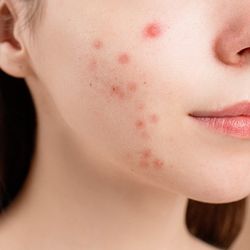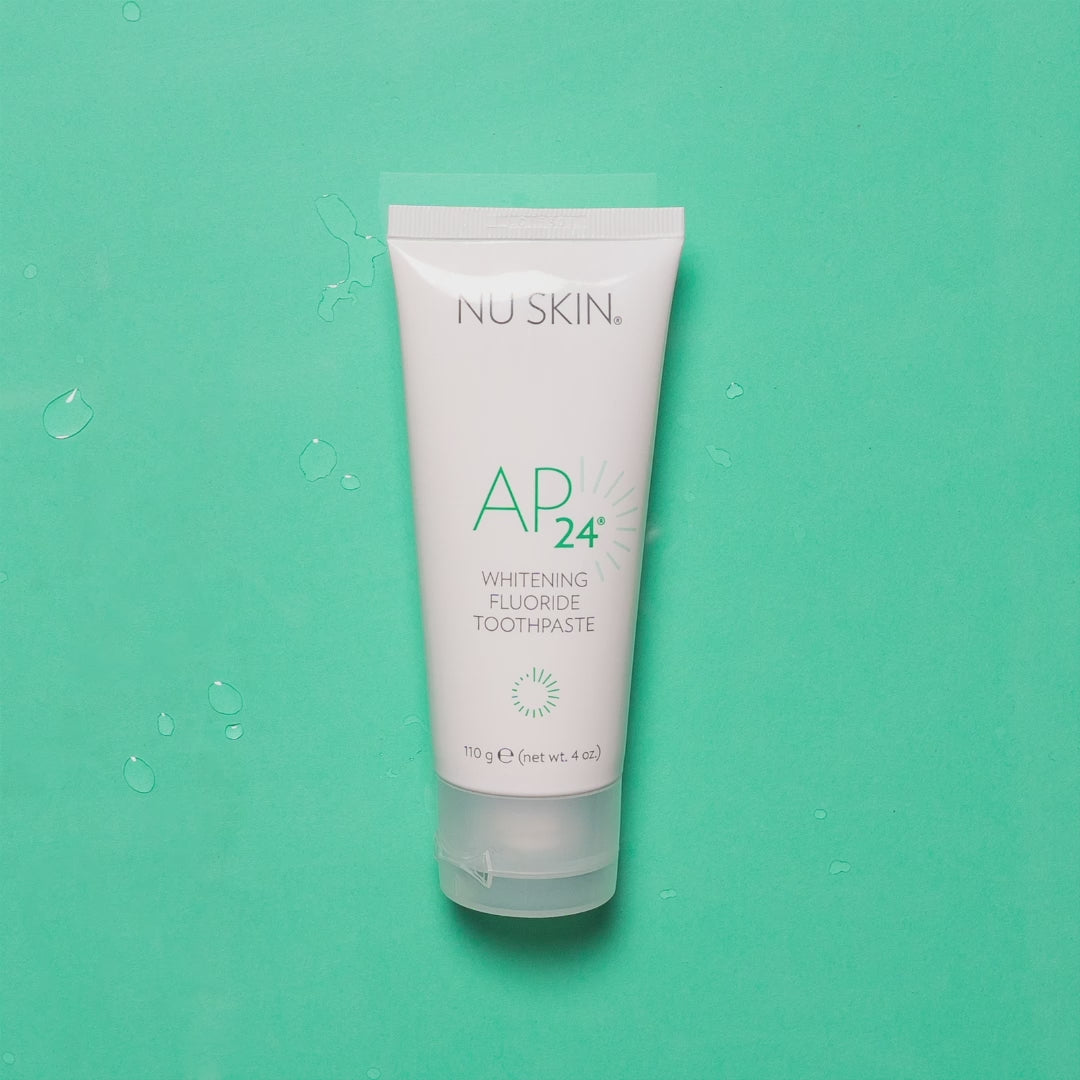Acne is a common skin condition that affects people of all ages, but is particularly common in teenagers. It occurs when hair follicles become clogged with oil, dead skin cells, and bacteria, resulting in the formation of pimples, blackheads, whiteheads, and cysts. In this blog post, we'll take a closer look at what causes acne, how to prevent it, and the best skincare routine for acne-prone skin.
What Causes Acne?:
Acne is caused by a combination of factors, including genetics, hormonal changes, diet, and stress. During puberty, the body produces more androgen hormones, which can increase oil production in the skin. When excess oil mixes with dead skin cells and bacteria, it can lead to the formation of pimples, blackheads, whiteheads, and cysts. Certain foods, such as dairy and high-glycemic-index foods, can also contribute to the development of acne. [1]
Understand Acne:
Acne can be a frustrating and embarrassing skin condition, but it's important to understand that it is treatable. There are different types of acne, each with its own unique symptoms and causes. [2] The most common types of acne include:
- Whiteheads: small, raised bumps that are white or yellow in color.
- Blackheads: small, raised bumps that are dark in color.
- Papules: small, raised bumps that are red and inflamed.
- Pustules: similar to papules, but with a white or yellow center.
- Nodules: large, painful bumps that are deep in the skin.
- Cysts: large, painful bumps that are filled with pus.
Acne Prone Skincare Routine:
If you have acne-prone skin, it's important to follow a skincare routine that includes gentle yet effective products. Here is a simple skincare routine that can help prevent and manage acne:
-
Cleanser: Use a gentle cleanser that is formulated for acne-prone skin. Look for ingredients like salicylic acid, which helps to unclog pores and exfoliate the skin.
-
Toner: A toner can help to balance the pH of your skin and remove any remaining dirt or oil. Look for a toner that contains soothing ingredients like witch hazel or chamomile.
-
Spot Treatment: If you have active acne, a spot treatment can help to reduce inflammation and speed up the healing process. Look for products that contain benzoyl peroxide or tea tree oil.
-
Moisturizer: Even if you have oily skin, it's important to use a moisturizer to keep your skin hydrated and healthy. Look for a lightweight, oil-free moisturizer that won't clog pores.
-
Use sunscreen: Protect your skin from the sun's harmful rays by using a sunscreen with an SPF of at least 30.
-
Avoid harsh scrubs: Scrubbing your skin too hard can cause irritation and make acne worse. Stick to gentle exfoliants.
-
Don't pick or pop: As tempting as it may be, picking or popping pimples can lead to scarring and further breakouts.
How to Prevent Acne:
While acne can be difficult to prevent entirely, there are steps you can take to minimize your risk of developing acne [3]:
-
Wash your face twice a day: Use a gentle cleanser to remove dirt and oil from your skin.
-
Avoid touching your face: Your hands can carry bacteria that can contribute to acne.
-
Use oil-free products: Look for products that are labeled as oil-free, especially if you have oily skin.
-
Keep your hair clean: Oil and dirt from your hair can contribute to acne on your forehead and temples.
-
Eat a healthy diet: A balanced diet that includes plenty of fruits, vegetables, and whole grains can help keep your skin healthy.
Dos and Don'ts for Acne-Prone Skin:
When it comes to managing acne-prone skin, there are some important dos and don'ts to keep in mind:
Dos:
-
Use gentle, non-comedogenic skincare products.
-
Wash your face twice a day with a gentle cleanser.
-
Apply sunscreen every day to protect your skin from UV damage.
-
Seek the help of a dermatologist if your acne is severe or not responding to over-the-counter treatments.
Don'ts:
-
Don't pick at your acne, as this can lead to scarring and further breakouts.
-
Don't use harsh, abrasive scrubs that can damage your skin.
-
Don't over-exfoliate your skin, as this can lead to irritation and inflammation.
Key Ingredients in Skincare That Help Prevent Acne:
-
Salicylic acid: This beta-hydroxy acid (BHA) helps exfoliate the skin and unclog pores, making it an effective ingredient for preventing and treating acne.
-
Benzoyl peroxide: This ingredient works by killing acne-causing bacteria and reducing inflammation.
-
Retinoids: Retinoids, such as retinol, are vitamin A derivatives that help increase cell turnover and prevent the formation of acne.
-
Niacinamide: This vitamin B3 derivative helps reduce inflammation and oil production, making it an effective ingredient for preventing acne.
-
Tea tree oil: This natural oil has anti-inflammatory and antibacterial properties, making it an effective ingredient for preventing and treating acne. [4]
In conclusion, acne can be a frustrating and embarrassing condition, but with the right skincare routine and prevention strategies, it can be managed and treated effectively. It's important to understand what causes acne and the different types of acne, so you can choose the best products and treatment options for your skin. Always seek the advice of a dermatologist if you have severe or persistent acne. Remember to be patient and consistent with your skincare routine, and don't forget to follow the dos and don'ts for acne-prone skin. By using the right ingredients and taking good care of your skin, you can achieve a clearer, healthier complexion.
Reference:
1. Burris J, Rietkerk W, Woolf K. Acne: The Role of Medical Nutrition Therapy. Journal of the Academy of Nutrition and Dietetics. 2013 Jul;113(7):1009-17. doi: 10.1016/j.jand.2013.03.015. PMID: 23768254. Link: https://www.ncbi.nlm.nih.gov/pubmed/23768254
2. American Academy of Dermatology Association, "Acne: Diagnosis and treatment" Link: https://www.aad.org/public/diseases/acne/diagnosis-treatment
3. American Academy of Dermatology Association. (n.d.). Acne: Signs and symptoms. https://www.aad.org/public/diseases/acne-and-rosacea/acne#symptoms
4. Kircik, L.H. (2013). Advances in the Understanding of the Pathogenesis of Inflammatory Acne. Journal of Drugs in Dermatology, 12(7), 2-5. https://www.ncbi.nlm.nih.gov/pubmed/23884507







